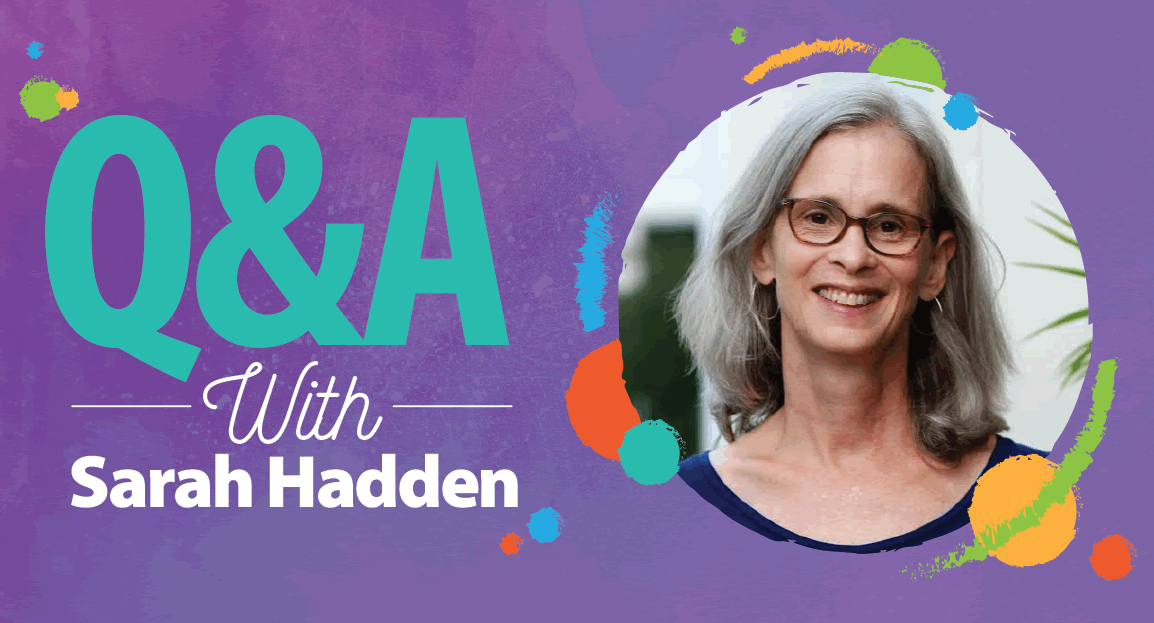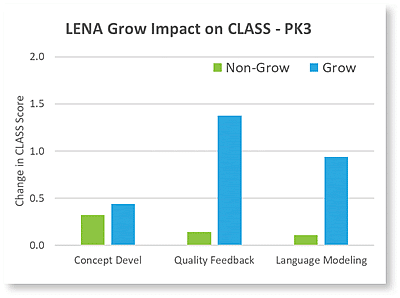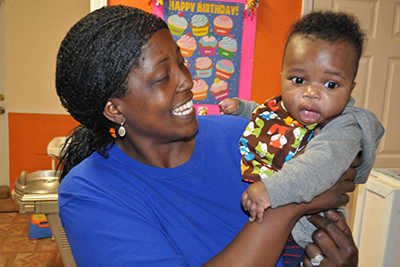Editor’s Note: In June 2019, LENA president and CEO Steve Hannon hosted a special webinar, “Building Classroom Quality Through Language” with Dr. Sarah Hadden, Senior Advisor, Research and Professional Services at Teachstone. Here, she discusses the state of early childhood classrooms, strategies to help teachers improve their practice, and answers common questions about the CLASS assessment in infant and toddler classrooms.
Q: There’s a growing focus and interest on providing professional development for infant and toddler teachers. What do you see as the biggest opportunities and challenges in this age range versus with older children?
A: One of the biggest challenges is the fragmented system of care for children ages zero to three. Children may be attending everything from licensed programs with credentialed teachers to unregulated kith and kin care. This means that early childhood teachers have a widely varying knowledge of child development, and it can be much harder to provide professional development to this group. Some infant and toddler teachers don’t have time to take breaks or engage in professional development.
However, with the advent of the quality rating improvement systems — which are really designed to improve early care and education in the critical birth to five years — there are many more efforts to help figure out how to provide these teachers with professional development. For example, at Teachstone we’ve developed a platform called myTeachstone with resources for teachers. We’ve worked to make it inexpensive and Android compatible, so that teachers can do what we call “small nuggets” of professional development.
Q: Where do you see the synergies and potential points of leverage between CLASS and LENA Grow? How do you see them complementing one another?
A: This past spring Teachstone and LENA worked on alignment between CLASS and LENA Grow. My work on that process made it clear that the work we do is very complementary. Both of our organizations are committed to ensuring optimal outcomes for children. While language is only one aspect of CLASS, language undergirds the domain of Instructional Support and plays a strong role in the other domains as well. Furthermore, LENA Grow focuses on conversational exchanges — in other words, interactions — which are the focus of CLASS.
Q: Historically, the Instructional Support domain, which includes language modeling, has seen the lowest CLASS scores. Why do you think that is, and how has that evolved over the years in terms of both the national level numbers and the strategies being implemented to improve?
A: I think there are a number of reasons. First, it’s really hard to consistently provide high levels of Instructional Support across four 20-minute observations. Second, I’m not certain that schools of education train pre-service teachers to engage in these kinds of interactions. As a former teacher educator, I can tell you that I really pushed language, but did far less with building higher-order thinking skills. Third, we are still in a shift about how we think about preschool. Is it about socialization? Is it about preparing kids for kindergarten? And if so, what does that mean? Is it that we push rote academic skills, or do we focus on self-regulation? Fourth, with the number of homeless children and children facing other adverse life experiences, the focus in early childhood classrooms has to be on creating safe, predictable, and welcoming environments, which is at the heart of the Emotional Support and Classroom Organization domains. Those domains provide the foundation for teachers to move into Instructional Support. If teachers are focused first on meeting children’s very real and basic needs, Instructional Support may fall by the wayside.
Q: There’s real interest in supporting equity in early childhood classrooms, including situations where dual language learners (DLL) or children with language delays may not experience nearly the same level of interaction as their peers. What do you see in the field as the best practices or strategies for addressing these types of circumstances?
A: This might be the million-dollar question, and it’s something that we think about a lot at Teachstone. Research studies conducted at the University of Virginia indicate that the CLASS scores predicts outcomes for dual language learner children.
Thinking specifically about language, we know that throwing in a word or two in a child’s native language isn’t sufficient. To get a higher score on language modeling in a classroom where there are dual language learners, we need to see the types of interactions that are important for kids occurring in both languages. For observation, we strongly recommend that CLASS observers be fluent in the language of instruction.
In terms of children with language delays, as a special educator, I respectfully suggest that what we do for typical kids is even more important for kids with delays and also that it’s important that we not assume that a delay in expressive language means that a child is similarly delayed in receptive language.
Q: What’s causing you to be optimistic about early childhood right now?
A: I’m excited to see that there’s been much more of a push towards thinking about early child care as a profession and on ramping up the qualifications for early care. Brain science is increasingly letting us know that what happens in these early years is so critical. Additionally, more states are creating publicly-funded preschool programs and adopting quality rating improvement systems to help boost quality in child care and support more children.






